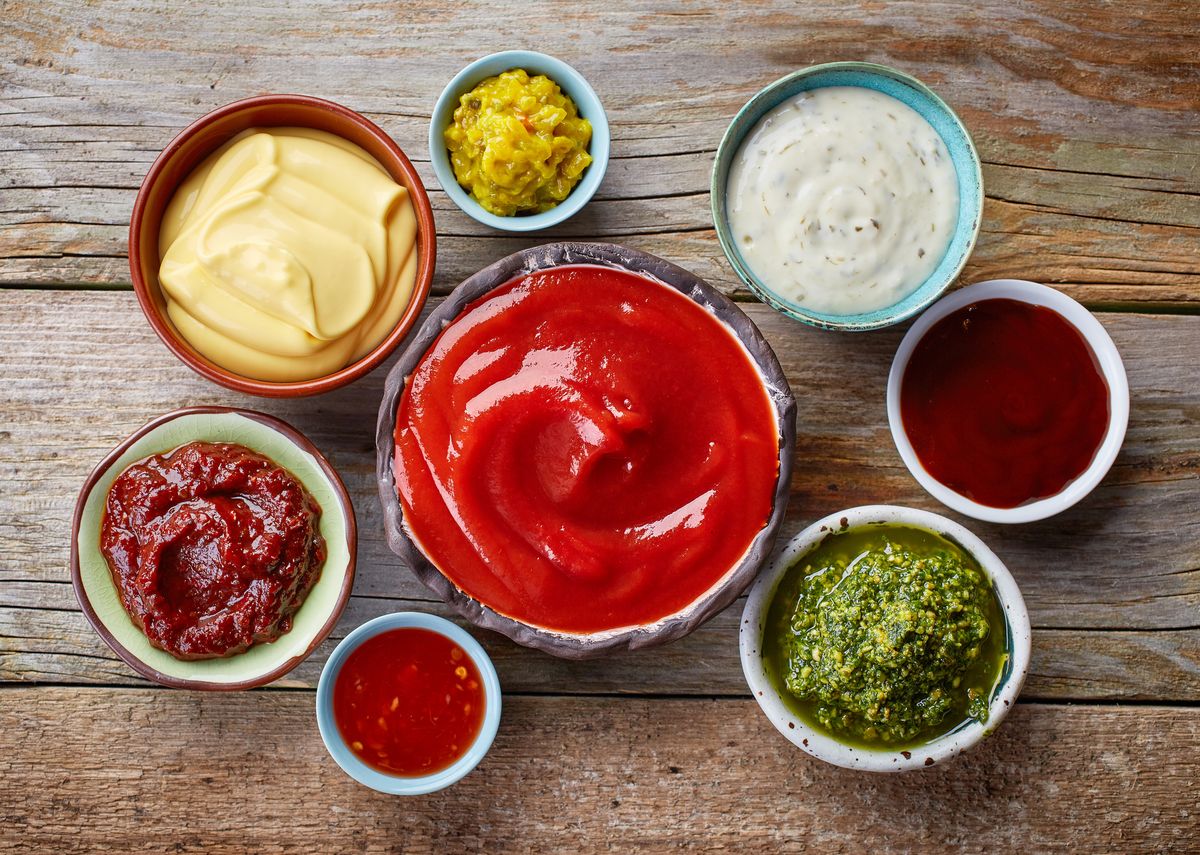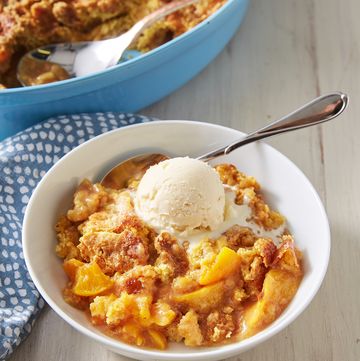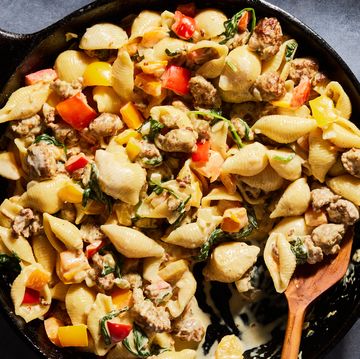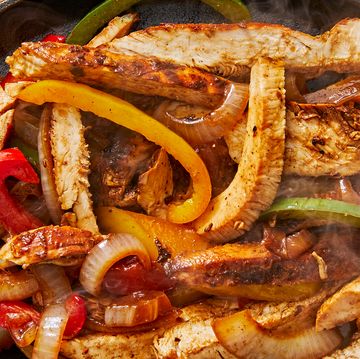Condiments are some of the most important ingredients in your kitchen. They're essential for adding salt, spice, and sweetness to your favorite dishes. But where do they belong after you use them?
Many condiment labels say "refrigerate after opening" in the fine print, but do we absolutely always have to take this advice? And how long can they last in the refrigerator after being opened anyway? We asked our team of culinary experts to find out.
As a general rule of thumb, our editors agreed that keeping condiments in the fridge will significantly prolong their lives. But our condiment-storage techniques also rely on the ingredients they're made with.
More From Delish
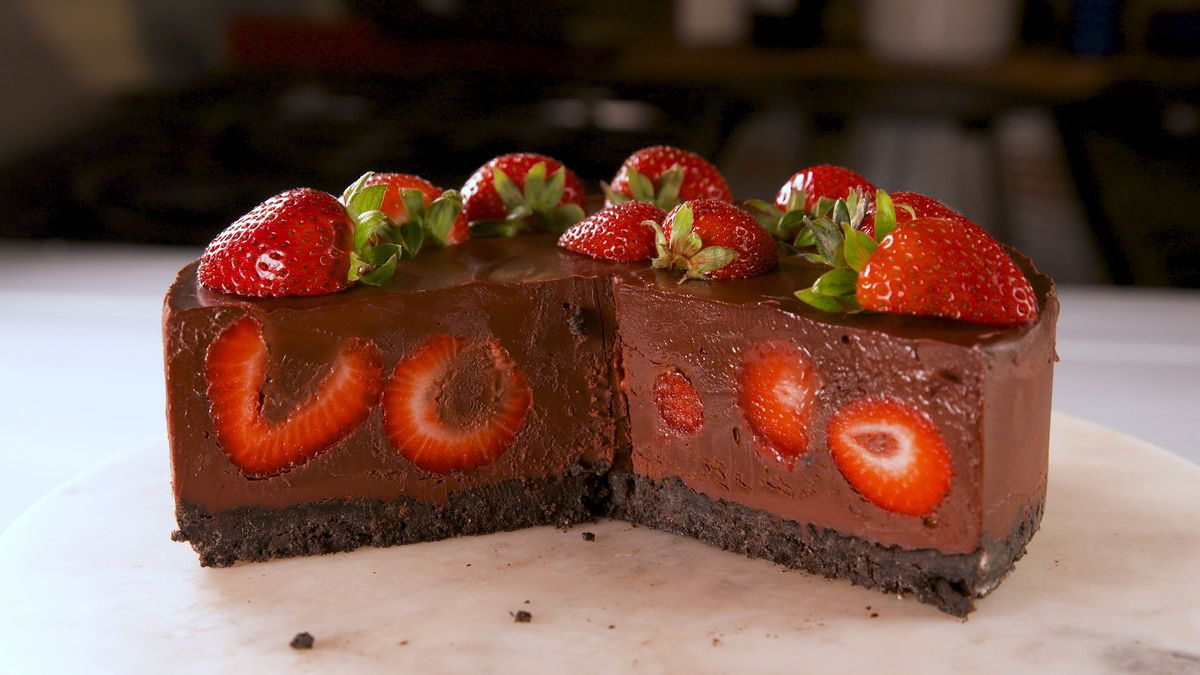
Salt and vinegar are the main ingredients used to preserve many condiments and keep harmful bacteria at bay. If those ingredients are the among the first listed on the label, odds are they can be stored at room temperature. However, if the primary ingredients include fresh fruits or vegetables (like jams, pickles, pesto, and salsas), you should definitely keep them cold after opening to ward off bacteria.
Some classic condiments should go in the fridge once you've opened them, like mustard, mayonnaise, and ketchup. The ketchup authorities at Heinz settled any debate with a strongly worded tweet: "FYI: Ketchup. goes. in. the. fridge!!!" While mustard doesn't really go bad, per se, it loses much of its flavor after about a year in the fridge. Opened containers of mayo and ketchup, on the other hand, can go rancid after six months.
We also love to make homemade condiments. Since our kitchens at home don't have professional sanitary regulations or industrial pasteurizing machines, most homemade condiments should be stored in the refrigerator and get used within about a week.
For some condiments, the lines can get a little blurry and often depend on personal preference.
Seasonings like soy sauce, fish sauce, and hot sauce will keep at room temperature for around six months. If you go through these bottles quickly, they can stay in your pantry without a problem. However, if you don't use them regularly, we recommend keeping them in the fridge, where they'll stay good for up to two years.
"I think maple syrup is one condiment that folks are always surprised should be stored in the refrigerator after opening," says Food Editor Brooke Caison. Artificial pancake syrups from brands like Pearl Milling Company and Log Cabin are made with corn syrup and can be stored at room temperature. Legit maple syrup, however, belongs in the fridge, so make sure to read the label to know where it goes.
One condiment that can last indefinitely is honey. Honey technically doesn't expire, but it can develop crystals if not stored properly. "It tends to crystallize for me if I keep it in the refrigerator," says Assistant Food Editor Taylor Ann Spencer. Other members of the team find that their honey crystallizes faster when the container isn't tightly sealed.
We always try to minimize waste and, of course, upset stomachs when it comes to storing food. If you're still not sure where your condiment belongs, keeping it in the fridge is almost always the safest bet.
Gabby Romero is Delish’s editorial assistant, where she writes stories about the latest TikTok trends, develops recipes, and answers any and all of your cooking-related questions. She loves eating spicy food, collecting cookbooks, and adding a mountain of Parmesan to any dish she can.
